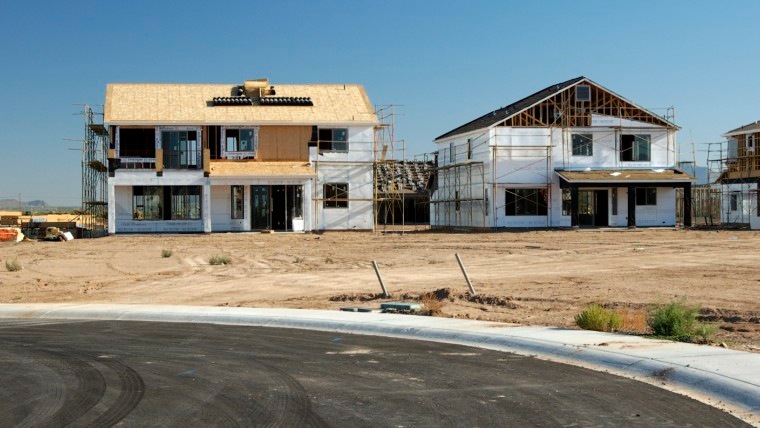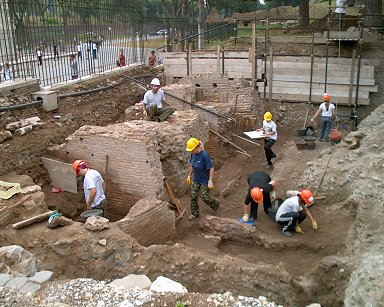Believe it or not, home buying does not generally begin with attending open houses and finding the perfect home. Often times, it starts with getting pre-approved for a mortgage. Pre-approval or pre-qualifying for a mortgage helps guide you through the process of knowing what price range you can afford and what your monthly payments will be. Since banks have tightened down on the loan approval process over the last ten years, it’s not a guarantee that a lender will pre-approve you on the spot. Here are a few tips and tricks to pre-qualifying when buying a home.

First and foremost, you need to know your credit score and if there are any blemishes on your record. Individuals can get a free annual credit report and verify that all their information is correct; they also can discern if there’s anything that needs to be addressed prior to purchasing a home. Check out this full length article containing lots of helpful tips to improve your credit score.
Once you verify a solid credit score, it’s helpful to shop for a lender or a loan officer who will give you excellent service. I recommend asking your trusted friends, family, and colleagues for referrals. A word of mouth referral from someone who had a great experience is extremely valuable. If there’s several loan offers who come highly recommended, you may want to interview each and see who you feel the most comfortable with.
Typically the loan officer will ask you for a list of financial documents. To help speed up the pre-approval process, make sure you keep accurate records of all your financial statements. If you have multiple accounts, you may want to make sure that you have an online account setup and that you know the password that corresponds with each account. The last several months of mailed statements should be filed and easily accessible. A lender will ask for tax documents, so be sure to have old W-2’s, and easy access to your last two year’s tax returns. The most current pay stubs will be needed also.
Keeping accurate records of your spending prior to purchasing a home is important, but even more important than what you’ve done is what you’re doing with your finances. To put it simply, you need to save cash, pay down current debts, and avoid any new debts. The more cash you have (by cash, I mean money saved in some sort of financial institution) the easier it may be to get pre-qualified. If you have large amounts of cash saved up, it’s critical to deposit them into a bank account as soon as possible to have a documented trail. The larger the debt and/or monthly payments of debt, the harder it is to get pre-qualified for the amount you desire. Qualifying for a mortgage is all about the lender’s confidence in your ability to pay back a debt; a new debt is going to raise your risk profile. Try to avoid any new debts within a year or two of purchasing a home.
Once you’re pre-qualified and under contract, there are several things to remember during the “contract to close” period. Although you might be pre-qualified, a loan may be denied at the last minute. It’s imperative to not make any large purchases. This includes shopping for your new home’s furniture, buying a new car, purchasing an engagement ring, or charging some other large amount of money onto your credit card. It’s also important to not co-sign for anybody else’s large purchases. Avoid changing jobs, changing salaries, or changing addresses. Basically, don’t make any major lifestyle changes and be prudent in your spending habits.
These are just a few tricks to help you get prequalified and stay qualified. If you’re ever concerned about what may affect your eligibility, rely on the experts. To search for a local professional in your neighborhood be sure to check our directory here.

















